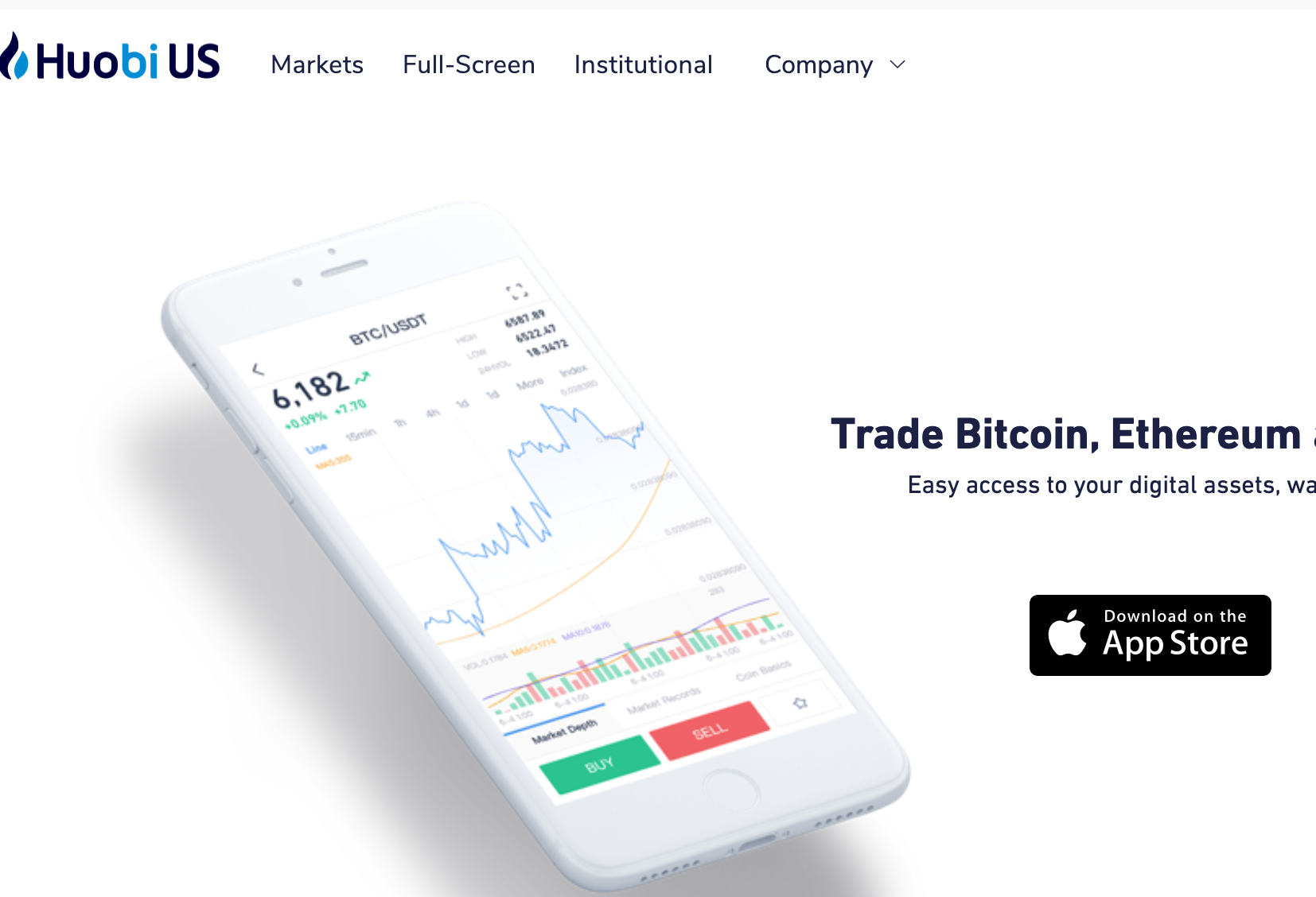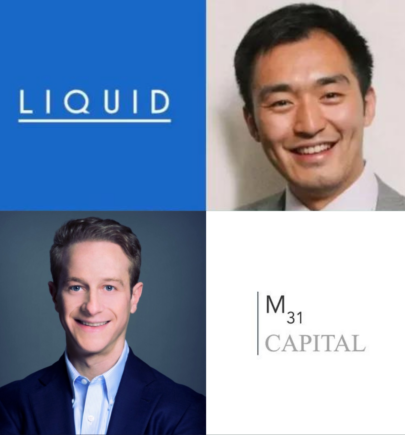Huobi Leon Li on Achieving Bitfinex’s Efficiency; Acquiring Licenses around the World; Executive Departure

Can’t travel to Asia anymore due to Covid-19? Can’t have that meeting that you wanted anymore?
As our team receives ongoing questions and pings from our western readers on the things happening in Asia, we are re-surfacing some of the in-depth coverage interviews and write-ups of notable themes, organizations and figures in Asia that continue to be relevant in the cryptocurrency circle. We hope that once travel opens up again, you’ll be more prepared than ever to pursue and learn about the happenings in Asia.
This is part 3 of 5 on the history and background of Huobi, one of the top crypto exchanges in the world. The section touches on an interview with Huobi Leon Li on his thoughts on Bitfinex, compliance and talent management.
To read the rest:
To read part 1, go here– Leon Li, CEO of Huobi, and the History of Huobi (Part 1)
To read part 2, go here– Leon Li, CEO of Huobi, and the History of Huobi (Part 2)
To read part 3, go here– Huobi CEO Leon Li on Achieving Bitfinex’s Efficiency; Acquiring Licenses around the World; Executive Departure
To read part 4, go here– Huobi CEO Leon Li on Making Ethical Compliant Money, Improving Culture of Huobi, Being in China
To read part 5, go here – Huobi CEO on Libra: it will strengthen the financial position of the dollar and further marginalize countries with currencies that were already marginal
Huobi Leon Li Q&A

Question: What are your current work focus and work status?
Li: I am currently focusing on three areas:
The first is the strategy, as well as the direction of the company’s development. I am also thinking about how the industry will develop.
Global compliance requirements and attitudes in the blockchain and digital asset sectors have been changing. Huobi has maintained a relatively leading pace of compliance.
There is a new phenomenon in where the emergence of Libra has inspired different countries and companies. Some countries such as Indonesia is now also considering the development of a stable currency. At the same time, Libra may also have application opportunities after its launch, so I am also paying attention to the application opportunities in blockchain and digital assets.
The second is management: This comprises culture, organization, and talent. Huobi now has offices in more than 10 locations around the world, with more than a thousand people. Management is very difficult and there are many rules and regulations that have to be sorted out.
The third is talent, which I touch on in the management section. Recently, I have spent a lot of energy on interviewing and finding the right people.
Question: Who are you looking for recently?
People in all positions need marketing, research and development, and products.
Question: You recently forwarded Bitfinex’s white paper and was awed by how lean their teams are. Today, there are thousands of employees in Huobi. The scale of the trading platform team is now very large. How do you balance the team structure and business alignment?
Li: Having alot of people doesn’t mean that I don’t need to recruit more people. Good people can help you improve your team’s efficiency and impact. We have a large number of people, but we also don’t have enough professionals.
Bitfinex is indeed leaner than us, which is what Huobi needs to learn. But at the same time, our strategy is different. I prefer pragmatism. What does that mean? Well, for example, 100 people can earn 400 million US dollars and 1000 people can achieve 500 million US dollars. I may choose the latter. It is not easy to create a B grade business, but it takes a lot more effort to take the business from B to A grade.
Bitfinex has no customer service and there are fewer businesses, but the architecture is better, so fewer people are needed. If Huobi abolishes the customer service team, the cost can be greatly reduced, but it will affect the user experience. We don’t use the human efficiency ratio as a KPI, but we can provide better services to users. In addition, Huobi takes a global compliance route, has offices around the world and corresponding localized trading platforms, as well as mining pools. Ecosystem businesses such as wallets is not available in Bitfinex.
Question: The Huobi team is very large. It has the highest number of people among the top mainstream exchanges, and it also has a lot of business lines. The more controversial business lines such as Huobi Wallet and Huobi Chat continue to exert their strength this year. How do you decide which business to let go and which ones to expand?
Li: Our business is based on two concepts.
One basic approach is that if it involves assets, we will do it.
Trading is our core business and the mining pool is a fundamental business that complements the trading business. Although we didn’t invest too many resources, if it’s related to assets, we have to do it ourselves. The entire Huobi is an asset management platform. Wallets and mining pools are all businesses that belong to the beginning and the endpoints for transactions, which ultimately increases user stickiness. As for the application layer, such as the news-based Huobi News, we just stopped doing it.
There is also another philosophy: if it is not necessary for us to do, and someone in the market has already done a good job; we don’t have to do it.
For Huobi News, for example, we previously didn’t think the market did a particularly good job. There were various limitations with the existing products, so we decided to give it a try. In fact, these businesses are very innovative, and we didn’t invest in too many resources invested, probably even less than 1/10th of the resources. They do not have nearly the amount of resources that the core business has and belong to the innovative businesses category.
Question: What is the current progress with the Huobi public chain?
Li: The public chain is also an innovative business. We are using traditional technologies to create a new trading platform. Although the main Huobi business has already enjoyed a leading position, the future infrastructure of the blockchain asset exchange may undergo profound changes. The exploration of public chain technology and business model is both an innovative breakthrough and a strategy.
Huobi public chain is still under development, and we will release its open-source code in October this year.
Question: You place great emphasis on becoming compliant across the globe.
Li: Yes, because Bitcoin itself is borderless. The trading platform naturally needs to conduct business around the world.
Secondly, compliance is a trend and we need to seize the opportunity to enter markets, such as Japan, the United States (more than a dozen states), Europe (Gibraltar), and Thailand. Our strategy is with any mainstream country and region to release a license, and we will be the first to acquire it.
We also need to build the mid- and back-office capabilities that support globalization, our production, research, marketing, administration, and finance. This is why we made a strategic reduction in employees last year because we were unable to keep up.
Question: Many of the executive team of Huobi has left the business. How do you see the flow of talent? Do you worry that the business can’t find someone you can trust?
Li:
1. The flow of talent is very natural and it will appear in all companies. In the very end, the development of the platform may not match the expectations of every employee. It may be that one of the employees cannot keep up.
2. Our philosophy is that for any executive who leaves, we give our blessings and maintain a good relationship with him or her. This is our business philosophy, not to regard anyone as a traitor. You are a former colleague, and I certainly hope that you can be better.
3. You can never expect to find a person to replace you. It is impossible for the founder to be replaced. The process of finding a leader really needs to be cultivated, but the process is very long. A thousand soldiers are easy to get, but it is hard to find one general.
To read the rest:
To read part 1, go here– Leon Li, CEO of Huobi, and the History of Huobi (Part 1)
To read part 2, go here– Leon Li, CEO of Huobi, and the History of Huobi (Part 2)
To read part 3, go here– Huobi CEO Leon Li on Achieving Bitfinex’s Efficiency; Acquiring Licenses around the World; Executive Departure
To read part 4, go here– Huobi CEO Leon Li on Making Ethical Compliant Money, Improving Culture of Huobi, Being in China
To read part 5, go here – Huobi CEO on Libra: it will strengthen the financial position of the dollar and further marginalize countries with currencies that were already marginal












